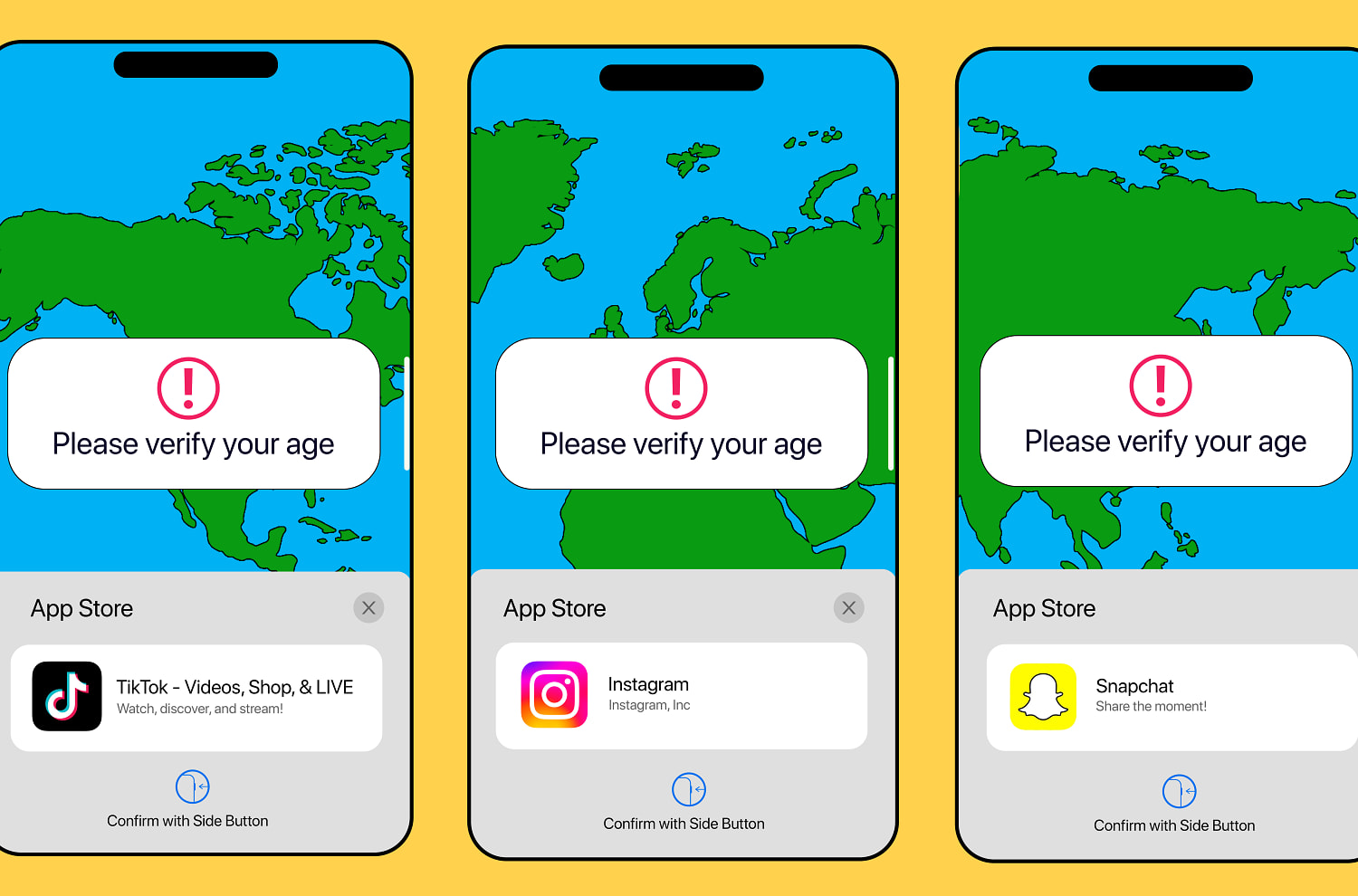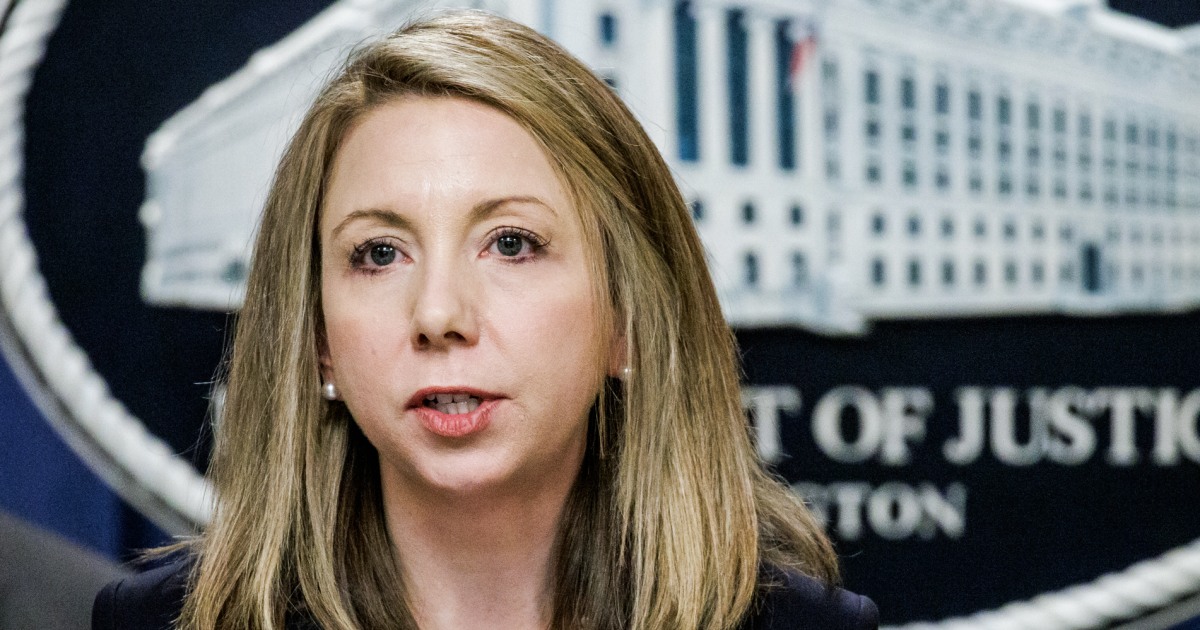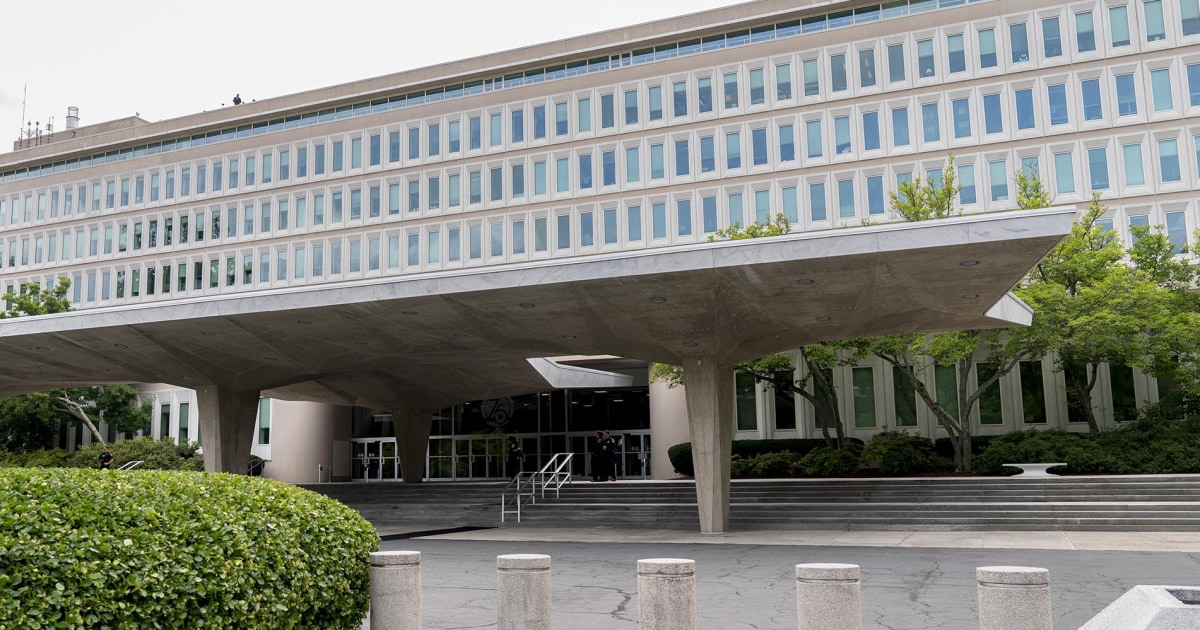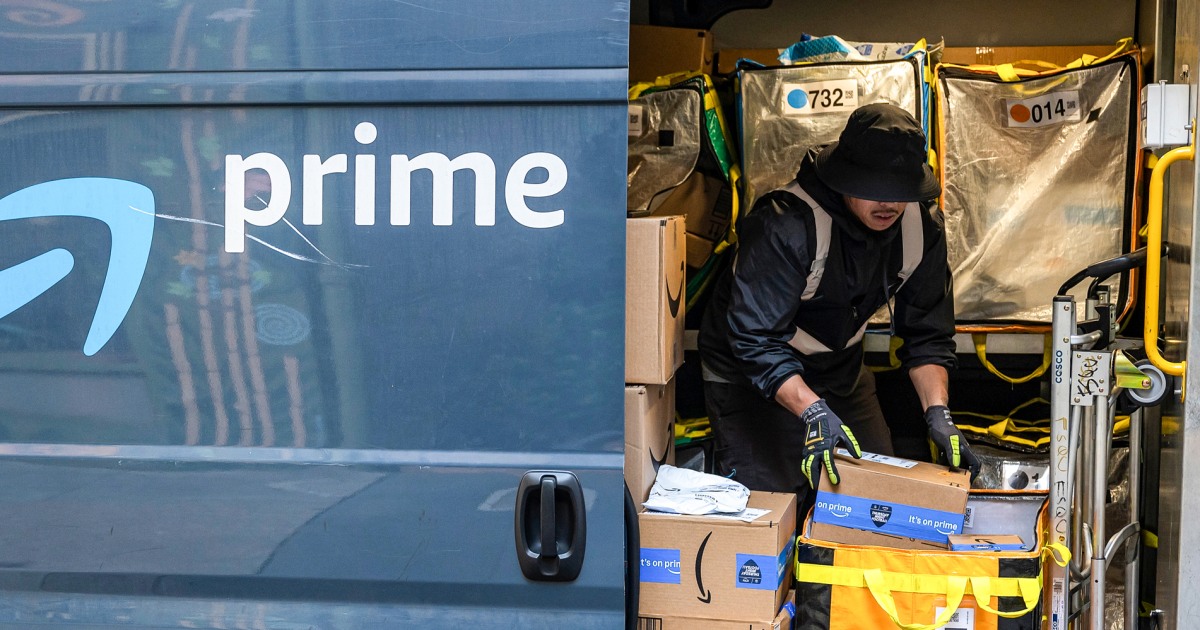
Age verification is coming for app stores.
Laws requiring Google and Apple to check people’s ages before they can download apps are gaining momentum in the United States and around the globe in what could be a radical shift for how people access content on their phones.
While age checks have become increasingly common across the internet, the focus of attention has usually been on individual websites and app makers, not app stores. That’s shifting as some politicians and tech companies argue it would be more efficient and uniform for app stores to check people’s ages in the name of child safety.
Eric Goldman, a law professor at Santa Clara University, said there’s a battle raging within the tech industry over who’s going to be accountable for children’s lives during the hours they spend on phones and tablets.
“We’ve got this food fight,” he said. “Everyone’s pointing the finger at each other.”
Three states — Texas, Louisiana and Utah — have passed laws this year compelling app marketplaces to check the ages of everyone when they create accounts. They were joined by Singapore, an Asian tech hub that passed a similar law. All four laws are scheduled to take effect next year, and similar proposals are under consideration in other states and in Congress.
But some argue the laws have potential costs in reducing privacy and burdening free speech. Some people in the United Kingdom, which has a new mandate for age checks, are verifying their ages through selfies that are run through facial age verification software.
And it’s not clear how much the new laws would limit access to adult content, especially if they don’t affect web browsers. Online age checks are often followed by surges in workarounds, such as virtual private networks, or VPNs, which mask users’ locations to sidestep local regulations.
Lobbying for the new laws is coming partly from within the tech industry. Mark Zuckerberg’s Meta and some other app makers are eager to shift the burden of online kid safety to the app stores rather than take on more of the responsibility themselves.
But the trend is getting pushback from Apple and Google, which run the biggest app marketplaces, as well as from civil liberties advocates who see age verification mandates as a death knell for the internet’s privacy and anonymity.
Goldman, who opposes age verification mandates on privacy and free speech grounds, said the laws are popular now for several reasons: the broader backlash against tech companies; the number of hours kids spend online, especially since Covid-19; and the lack of unity in the tech industry.
“Censorship is in style today,” he said. “Regulators are full-throated in embracing censorship as a good thing, and they’re more than willing to exert their will on other sources of power in our society.”
State lawmakers who are pushing the measures say the status quo isn’t working.
“Parents are constantly fighting to protect their children, especially from dangerous content on their phones, tablets, and other devices,” Texas state Sen. Angela Paxton, a Republican who sponsored the new law there, said in a statement. The law says an app store “shall use a commercially reasonable method of verification to verify the individual’s age.”
Google and Apple object to the laws on various grounds, including that they are too sweeping and that they require collecting too much data about users.
“This level of data sharing isn’t necessary — a weather app doesn’t need to know if a user is a kid,” Kareem Ghanem, a director of public policy at Google, said in a blog post about the state laws.
He argued that app makers are best positioned to think about age. “By contrast, a social media app does need to make significant decisions about age-appropriate content and features,” he said.
More broadly, age verification has built up considerable momentum. Twelve states have passed laws restricting children’s access to social media or requiring parental consent, though the courts have blocked three of those laws, according to the Age Verification Providers Association, a trade group for tech companies that handle age checks. And 24 states have passed laws requiring age verification to view pornography online, the association says.
To some app developers, a state-by-state patchwork seems like a regulatory nightmare to deal with. But to the app stores, it’s evidence that there’s already a clear standard in the United States for who’s responsible for dodgy content. Age checks online are already so complicated that the sector has its own trade group — the Age Verification Providers Association lists more than 30 members on its website. In a blog post in May, when Texas was debating its law, the group argued that app store age verification wasn’t by itself enough. It cited many reasons, among them that app stores have little or no authority when it comes to the open web.
Both Apple and Google say they’re willing to take on some additional responsibility for children’s safety. They say they support a framework whereby makers of the riskiest apps would get an industry-standard “age signal” from app stores about a user’s general age range, which the user or a parent would provide. Apple says it plans to roll out a version of the system, known as “age assurance,” on its operating systems soon.
Apple said in a statement that it wants to “empower parents to share their child’s age range with apps without disclosing sensitive information.”
“Importantly, this solution does not require app marketplaces to collect and keep sensitive personal identifying information for every person who wants to download an app, even if it’s an app that simply provides weather updates or sports scores,” it said. Apple has had “child accounts” for years and recently updated how parents can manage them.
In a policy paper this year, Apple compared itself to a mall owner and compared the riskiest apps to liquor stores or bars.
“We ask merchants who sell alcohol in a mall to verify a buyer’s age by checking IDs — we don’t ask everyone to turn their date of birth over to the mall if they just want to go to the food court,” it said.
In May, Apple CEO Tim Cook waded into the debate with a phone call to Texas Gov. Greg Abbott, a Republican, asking for changes to the app store bill or a veto, according to The Wall Street Journal. Abbott, though, signed the bill into law.
Some legal experts argue that the laws could violate the First Amendment because they place a burden on adults’ right to see protected speech. But neither Apple or Google nor their representatives have sued to block the laws. The Supreme Court in 1997 struck down a set of internet rules that included age verification, but this year, the Supreme Court on a 6-3 vote upheld a narrower age verification law out of Texas that was aimed at pornographic content.
Congress has meanwhile struggled to come up with nationwide legislation on the topic of child safety online. The proposed Kids Online Safety Act, which would create a legal “duty of care” for internet platforms to limit harm to users, passed the Senate last year but not the House. Legislation from Sen. Mike Lee, R-Utah, and Rep. John James, R-Mich., would try to tackle problems like violent or sexual material through the app stores.
One attraction of putting app stores in charge of age verification — if tech companies are going to do it at all — is the idea of creating a uniform system of age checks, said Peter Chandler, executive director of Internet Works, a lobbying and trade group for more than 20 medium-sized tech companies such as Reddit and Roblox.
“Imagine an age verification compliance regime that required every single platform or website to come up or create its own age verification system,” he said.
“What you’d end up with is this very siloed age verification system. How can we possibly ask parents to understand and navigate that?” he said. “Sometimes simplest is best.”








